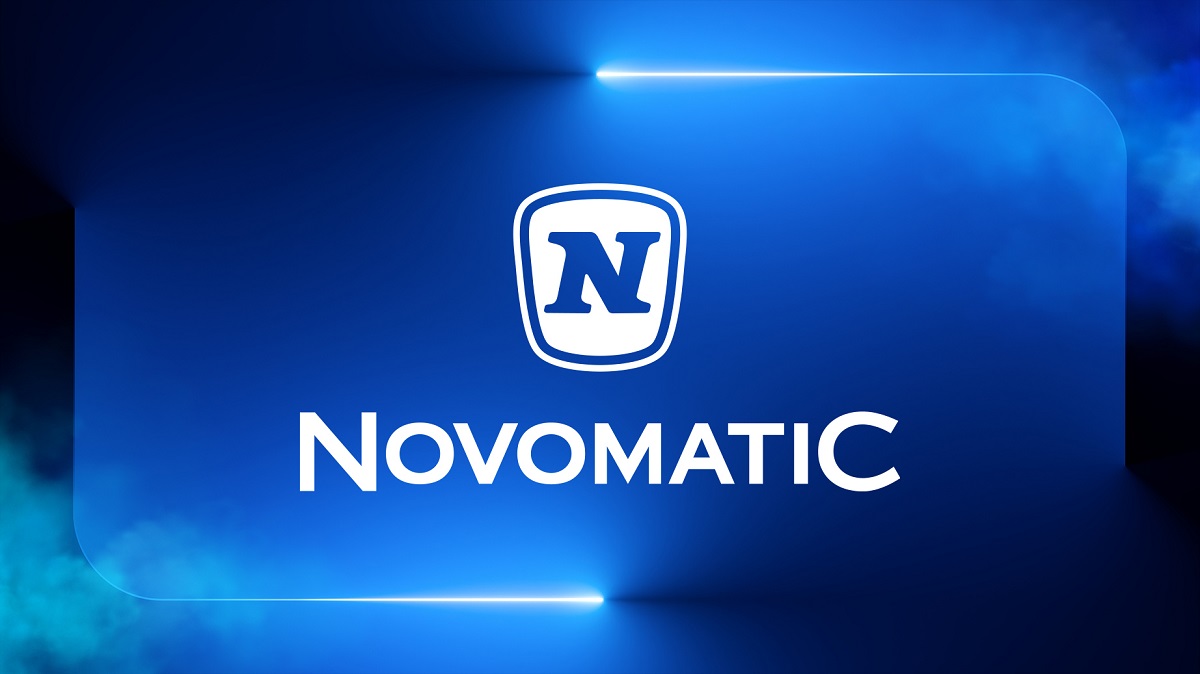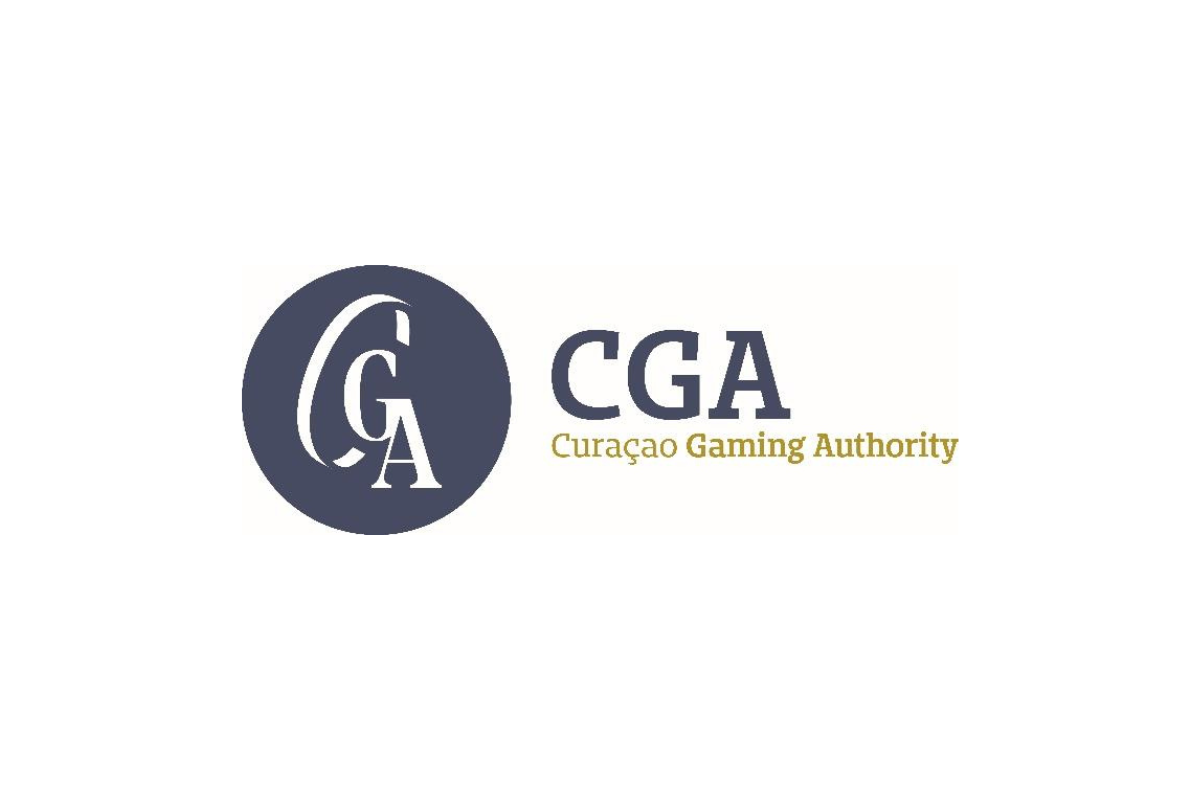Latest News
Understanding Tax Implications: Key Considerations for Icelandic Players Exploring Crypto Casinos

Over the years, crypto casinos have grown rapidly in the gambling scene around the world. The principle of crypto casinos is based on blockchain technology, which provides players with the ability to gamble in cryptocurrencies, including Bitcoin, Ethereum, or Litecoin. The decentralized nature of such casinos attracts users by promising them enhanced privacy, faster processing of transactions and a wide variety of games.
According to recent data, the global cryptocurrency gambling market should see more than 15% in year-over-year growth through 2028, based on the increasing adoption of blockchain technologies and the growing number of cryptocurrency users.
Iceland, with its highly restrictive gambling environment, hasn’t been an exception to this trend. Domestic gambling options are highly limited, with the state strictly regulating the industry and holding an almost monopolistic position in legal gambling activities. Yet Icelandic players can access crypto casinos hosted offshore.
Such websites bypass local restrictions by leveraging the decentralized nature of cryptocurrencies, offering Icelanders opportunities to participate in a wide range of games while enjoying features like anonymity and competitive bonuses.
However, crypto casinos in Iceland have their own challenges, one being the issue of taxation. This will require Icelandic players to be educated about the tax liabilities relating to crypto gambling, so that penalties are not incurred and national laws are complied with.
Taxation in Iceland: What Players Need to Know
It also holds one of the highest tax rates for income made through cryptocurrencies in the world. Income from all types of cryptocurrencies, including crypto casinos, is lumped into a flat 38.5% income tax. That puts Iceland in a league with the likes of Denmark and India when it comes to the most conservative crypto taxation policies. The Icelandic tax authority treats the crypto winnings as taxable income; thus, players should declare the revenue in their annual tax return.
Crypto casinos in Iceland raise some interesting taxation challenges. While cryptocurrencies create a degree of anonymity around transactions, this does not in any way exempt such users from their tax liabilities. Players who convert their crypto winnings to fiat money need to account for the capital gains thereby derived. Even if the winnings stay in crypto wallets, they may still be taxable events according to the specifics of the transaction.
International efforts also extended the hand of the local tax authority through programs such as the Crypto-Asset Reporting Framework by the OECD. It will be effective in 2024 worldwide and introduce great transparency in cryptocurrency transactions, after which it will be hard to evade taxes. In that aspect, Icelandic gamblers need to keep proper records of all the activities in crypto, from deposit to winning and conversion processes.
Crypto Casino Winnings and Tax Implications
Keeping taxes from crypto casino winnings can be an overwhelming, imaginative process. Most taxation packages in Iceland create taxable events upon the conversion of cryptocurrency to ISK or another fiat currency. A player who won 1 BTC in a casino and exchanged it for ISK with a higher valuation than when it was initially acquired would owe taxes on the profit formed via the increase in value.
The failure to comply with these requirements in taxation bears grave consequences. The Iceland tax authority is quite vigilant about the transactions that are going on and besides fines, even criminal prosecution might be implied in some cases. Due to this, it is generally recommended that players keep extensive records of all their crypto-gaming transactions, including the dates, amounts and prevailing market values at the time of each transaction. This is very important information for the calculation of taxable income and reporting requirements.
Crypto players might have trouble understanding the legalities of crypto gains from gambling, especially where operators are based offshore. Many crypto casinos operate in jurisdictions with slack regulations, meaning they may not give much guidance on compliance with Icelandic tax laws. The onus thus lies fully on the players to make sure they stay within the law.
Evaluating the Pros and Cons of Crypto Casinos
Advantages
Crypto casinos offer a raft of advantages to the players, which explains the great appeal to players in markets such as Iceland, where gambling is very seriously curtailed. Among the benefits are:
Anonymity and privacy: Through blockchain, a player is at liberty to bet without showing private banking information.
Global Access: Crypto casinos grant Icelandic players the opportunity to engage in international gaming platforms, accessing a greater variety of games and more lucrative bonuses.
Transparency: Fairness in the course of games is assured through blockchain technology because all transactions and every single game outcome are verifiable by one and all.
Faster transaction: Deposits and withdrawals are processed to this very day far quicker than traditional banking systems can manage, often within minutes.
Challenges
Despite all these advantages, crypto casinos involve a host of challenges for Icelandic players in particular:
High Tax Rates: The 38.5% taxation of winnings depletes potential profits and players must account for tax liabilities in calculating net earnings.
Lack of Consumer Protection: Most offshore crypto casinos operate in jurisdictions with limited or no regulatory oversight, placing players in a precarious situation in case of disputes or platform failures.
Complex Tax Compliance: Understanding and adhering to Icelandic tax legislation, in particular, concerning cryptocurrency taxation models, could be burdensome for players who have never faced such a situation. In addition, while cryptocurrencies offer anonymity, international regulatory frameworks like CARF are increasingly curtailing that advantage. Players could expect further scrutiny from Icelandic players once these take hold.
Crypto casinos are an interesting option for Icelandic gamblers, combining modern gaming opportunities with blockchain advantages. Still, Icelanders face high tax rates and regulatory difficulties that urge players to be very careful regarding crypto gambling. All that is needed for responsible gaming in this respect is awareness of the tax obligation and maintaining detailed records.
With the tightening global regulatory environment around cryptocurrencies, Icelandic players would seek advisement from tax professionals or legal advisors to ensure compliance. By balancing opportunities and risks, Icelandic players can enjoy crypto casinos while remaining compliant with Icelandic law.
-

 Asia6 days ago
Asia6 days agoDigital gaming disruption tackled in 1st AsPac Regulators’ Forum
-

 Africa7 days ago
Africa7 days agoKiron announces the launch of its new virtual football title, Turbo League, with SportPesa in Kenya and Tanzania
-

 Aquisitions/Mergers7 days ago
Aquisitions/Mergers7 days agoNOVOMATIC successfully completes sale of ADMIRAL Austria to Tipico and focuses on international growth markets
-

 Compliance Updates6 days ago
Compliance Updates6 days agoSOFTSWISS Releases Gambling Regulation Directory for iGaming Operators
-

 Compliance Updates6 days ago
Compliance Updates6 days agoAlternative Dispute Resolution (ADR) Role and Certification
-

 Asia6 days ago
Asia6 days agoiRace Media extends partnership with The Hong Kong Jockey Club in Asia
-

 Central Europe7 days ago
Central Europe7 days agoSYNOT Games Delivers Bespoke Games Exclusively for SazkaHry.sk in the Slovak Market
-

 Latest News6 days ago
Latest News6 days agoIs Horse Racing Betting Still Popular In Europe?
























